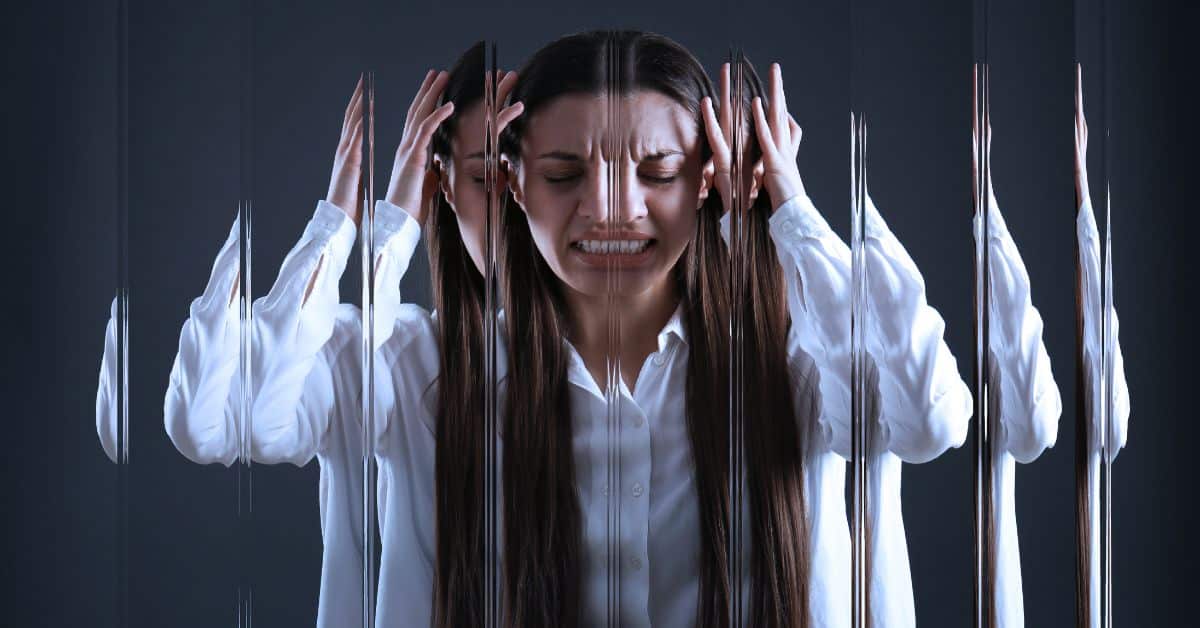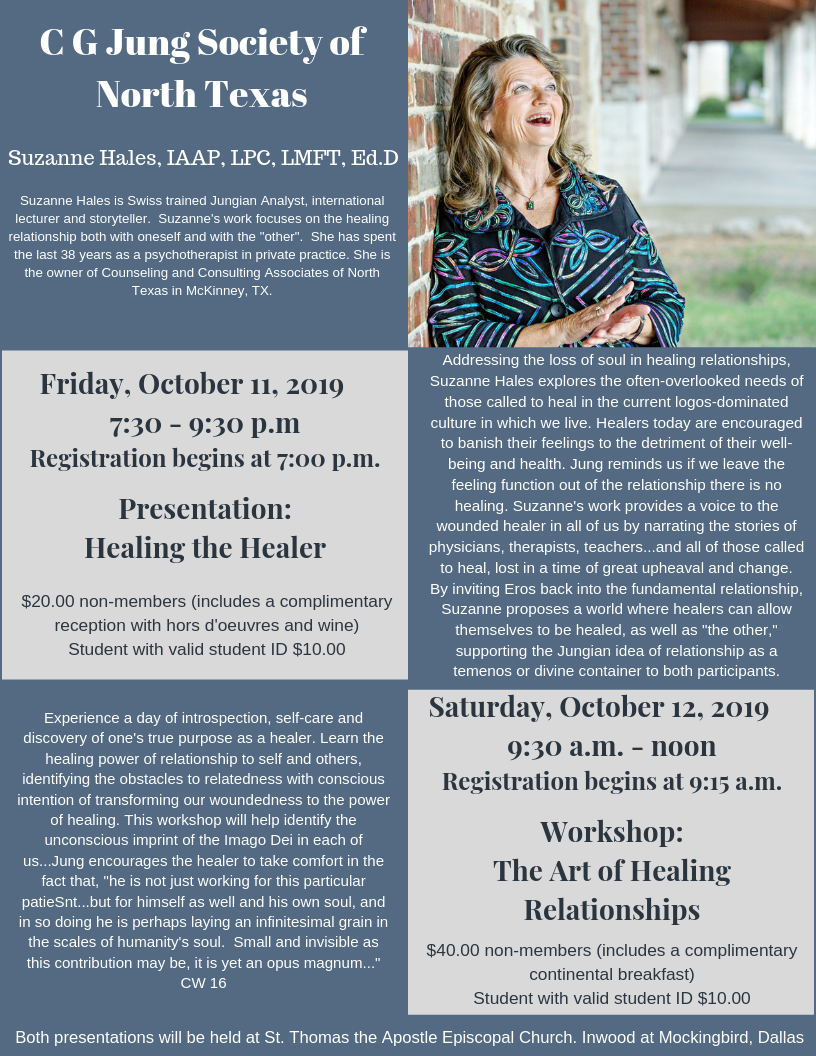Panic attacks can feel incredibly intense and frightening, leaving many people wondering if they could be fatal. The fear of death during a panic attack is a common concern among sufferers. While panic attacks themselves are not life-threatening, the physical symptoms they cause can be alarming. In this article, we will explore whether it is possible for someone to die from a panic attack, the impact on the body, and what you can do to manage them effectively. By understanding more about panic attacks, we can ease some of the fear and anxiety surrounding them.
What is a Panic Attack?
A panic attack is a sudden episode of intense fear that triggers severe physical reactions when there is no real danger. People often experience rapid heart rate, sweating, chest pain, dizziness, and difficulty breathing during a panic attack. While these symptoms can be extremely frightening, they are typically harmless and do not pose a direct risk to life.
The Physical Effects of a Panic Attack on the Body
Panic attacks cause the body to react in ways similar to the fight-or-flight response, which prepares the body to deal with perceived threats. This response includes increased heart rate, rapid breathing, and muscle tension. The symptoms can mimic those of a heart attack or other medical conditions, which often leads individuals to believe they are in imminent danger of death. However, these responses are part of the body’s natural reaction to stress and are not life-threatening on their own.
Can Panic Attacks Cause Death?
While panic attacks themselves are not fatal, there are indirect risks. For instance, the intense physical symptoms can cause people with underlying heart conditions to experience complications. However, the likelihood of dying directly from a panic attack is extremely rare. The body’s response to panic is intense but not lethal, and medical professionals emphasize that panic attacks alone are not life-threatening.
Panic Attacks and Heart Health: A Risk for Vulnerable Individuals
While a panic attack itself is not fatal, it can potentially trigger severe cardiovascular events in individuals who already have heart conditions. The stress caused by a panic attack can strain the heart, leading to complications such as arrhythmia or heart attacks in those with pre-existing heart disease. However, even in these cases, the panic attack is usually not the sole cause of death; it is more likely to exacerbate an existing health problem.
How Panic Attacks Affect Mental Health
Panic attacks can also have long-term effects on a person’s mental well-being. Chronic anxiety, stress, and repeated panic attacks can lead to conditions such as generalized anxiety disorder (GAD) or depression. These mental health issues can severely affect a person’s quality of life, making it essential to manage panic attacks and reduce their frequency through therapy, medication, and lifestyle changes.
Is It Possible to Die From a Panic Attack? Myths Debunked
Many people fear that a panic attack could cause death, but the truth is that panic attacks themselves do not kill. The intense symptoms, such as chest pain or shortness of breath, can certainly be alarming and mimic serious health issues, but they are temporary and generally resolve on their own. The fear of dying from a panic attack is more a result of the overwhelming physical sensations that can occur rather than an actual medical threat.
Managing Panic Attacks: What You Can Do
There are several ways to manage panic attacks and prevent them from becoming overwhelming. Some of the most effective methods include:
- Breathing Techniques: Learning how to regulate your breathing can help calm the body’s response to stress. Deep breathing exercises can reduce the intensity of the panic attack.
- Cognitive Behavioral Therapy (CBT): CBT helps individuals change their negative thought patterns that contribute to anxiety and panic attacks.
- Medication: In some cases, medications such as antidepressants or anti-anxiety drugs may be prescribed to help manage symptoms.
- Lifestyle Changes: Reducing caffeine intake, exercising regularly, and practicing relaxation techniques can help reduce the frequency of panic attacks.
Frequently Asked Questions
Can panic attacks cause a heart attack?
Panic attacks themselves don’t cause heart attacks, but they can trigger symptoms similar to heart problems, especially in individuals with pre-existing heart conditions. If you experience chest pain or other heart-related symptoms during a panic attack, it’s important to seek medical attention to rule out any underlying conditions.
How can I tell if I’m having a panic attack or a heart attack?
Both panic attacks and heart attacks can cause chest pain, shortness of breath, and dizziness. However, panic attacks are typically accompanied by feelings of intense fear or anxiety, whereas heart attacks are often associated with more persistent and severe chest pain. If you’re unsure, it’s always best to seek immediate medical advice.
Can panic attacks be treated?
Yes, panic attacks can be treated through therapy, medication, and lifestyle changes. Cognitive Behavioral Therapy (CBT) is particularly effective in helping individuals understand and manage their anxiety. Medication such as antidepressants or anti-anxiety drugs may also be prescribed.
Are panic attacks dangerous for everyone?
Panic attacks are generally not dangerous for healthy individuals, but they can pose risks for people with heart disease or other medical conditions. If you have a history of heart problems, it’s important to consult with a healthcare professional to ensure that your panic attacks are managed safely.
What should I do if I experience a panic attack?
During a panic attack, focus on slowing your breathing, grounding yourself in the present moment, and reassuring yourself that the attack will pass. If panic attacks are frequent or debilitating, seek professional help for treatment options.
Conclusion
Panic attacks can be terrifying, but they are not deadly. While the symptoms can cause distress and anxiety, they do not directly lead to death. It’s important for individuals who experience frequent panic attacks to seek help, whether through therapy, lifestyle changes, or medication. By understanding the true nature of panic attacks, we can reduce the fear and learn to manage them effectively.



